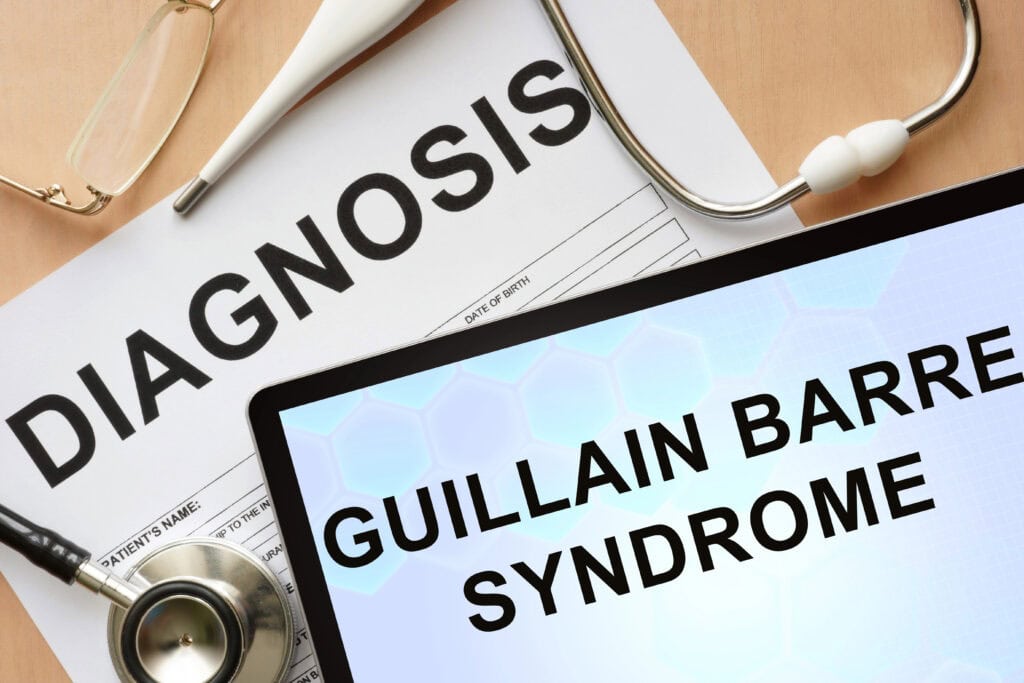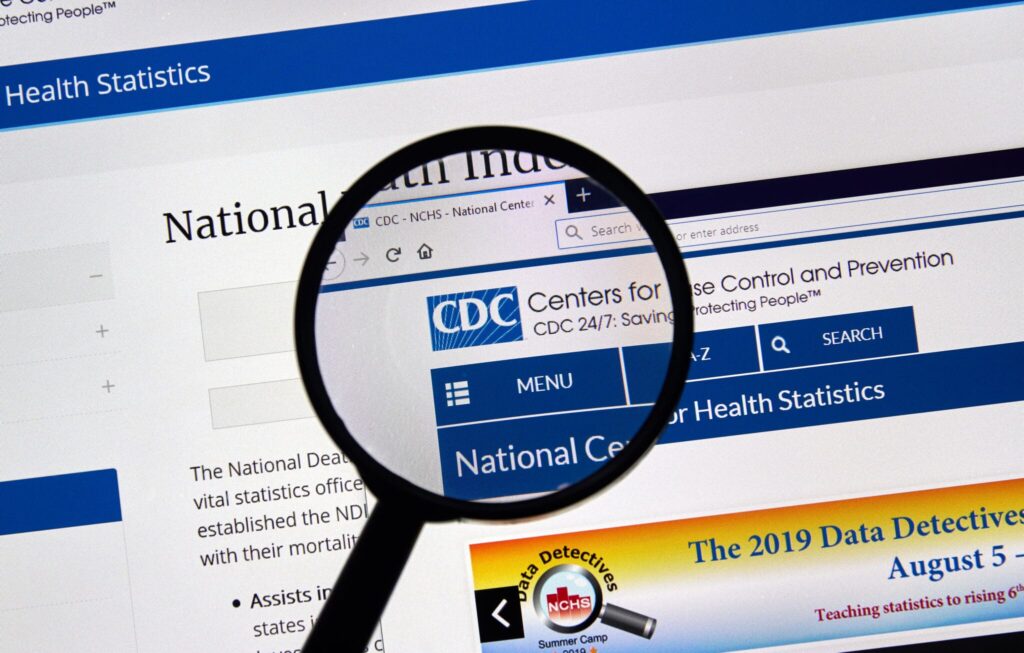What it the Proper Means to Identify and Treat Listeria Meningitis
Listeria meningitis is a rare but life-threatening condition caused by the Listeria monocytogenes bacterium. While Listeria most commonly triggers foodborne illness marked by fever and diarrhea, in vulnerable populations such as newborns, elderly individuals, pregnant women, and immunocompromised patients, the pathogen can invade the central nervous system. When it crosses the blood-brain barrier, it can […]
The Various Strains of Salmonella That Infect Humans: A Comprehensive Overview
Salmonella is one of the most notorious foodborne pathogens in the world. It is a genus of gram-negative, rod-shaped bacteria that encompasses a broad array of strains capable of causing illness in both humans and animals. The diversity among Salmonella strains is staggering, with over 2,600 serotypes (serovars) identified, many of which are associated with […]
The History of Food Poisoning Litigation in America: From Outbreak to Courtroom
Food poisoning litigation in the United States is a story deeply intertwined with public health, industrialization, evolving legal standards, and the growth of the modern food system. The journey from early informal legal complaints to today’s sophisticated tort-based system of foodborne illness litigation reflects broader societal changes in food production, regulatory oversight, consumer protection, and […]
How Modern Technology, Scientific Advancements, and New Methodologies Have Revolutionized the Fight Against Foodborne Illness
Over the past century, foodborne illness has transformed from a mysterious, largely unavoidable hazard to a highly traceable, often preventable public health threat. Infections from Salmonella, Listeria, E. coli, Norovirus, and other pathogens once spread unchecked across food supplies, overwhelming communities and medical systems with outbreaks whose origins were impossible to pinpoint. But in the […]
What is Shiga Toxin and How Does It Cause Hemolytic Uremic Syndrome?
Shiga toxin is a potent bacterial toxin that plays a central role in causing severe gastrointestinal illness and, in some cases, life-threatening complications such as Hemolytic Uremic Syndrome (HUS). Originally identified in Shigella dysenteriae, a pathogenic bacterium responsible for dysentery, this toxin has also been found in certain strains of Escherichia coli (E. coli), especially […]
What is Guillain-Barre Syndrome? Can it be Caused by Food Poisoning?

Guillain-Barré Syndrome (GBS) is a rare but serious neurological disorder in which the body’s immune system mistakenly attacks the peripheral nervous system. While the exact cause of GBS is not always clear, it often follows an infection—commonly a respiratory or gastrointestinal illness. One particularly interesting and medically significant connection is the relationship between GBS and […]
The Role of Whole Genome Sequencing in Identifying Foodborne Outbreaks
Foodborne illnesses remain a significant public health concern worldwide, affecting millions of individuals annually. The pathogens responsible for these illnesses—such as Salmonella, Listeria monocytogenes, Escherichia coli, and Campylobacter—can lead to severe and sometimes fatal outcomes, especially in vulnerable populations. Rapid and accurate detection of these outbreaks is critical for controlling their spread and preventing future […]
The Signs and Symptoms of Food Poisoning from Salmonella, Listeria, and E. coli O157

Foodborne illnesses affect millions of people each year worldwide. Among the most common and dangerous culprits are Salmonella, Listeria monocytogenes, and Escherichia coli O157:H7 (commonly abbreviated as E. coli O157). Each of these bacteria can cause a wide range of symptoms, from mild gastrointestinal discomfort to life-threatening complications. Understanding their specific signs and symptoms is […]
What is an Epidemiologist, and What Vital Role Does He or She Play in Food Poisoning Outbreaks?

An epidemiologist is a public health professional who studies the patterns, causes, and effects of health and disease conditions in defined populations. Their primary goal is to control and prevent the spread of diseases by understanding their origins and transmission. In the context of food poisoning outbreaks, epidemiologists play a vital role in identifying sources […]
What Role Does the Centers for Disease Control and Prevention Play in Stopping Outbreaks of Food Borne Pathogens Like E. coli, Listeria and Salmonella?

Foodborne illnesses caused by pathogens such as Escherichia coli (E. coli), Listeria monocytogenes, and Salmonella are significant public health concerns. The Centers for Disease Control and Prevention (CDC) plays a critical role in identifying, investigating, and mitigating outbreaks of these pathogens in the United States. This comprehensive analysis examines the CDC’s functions in surveillance, outbreak […]